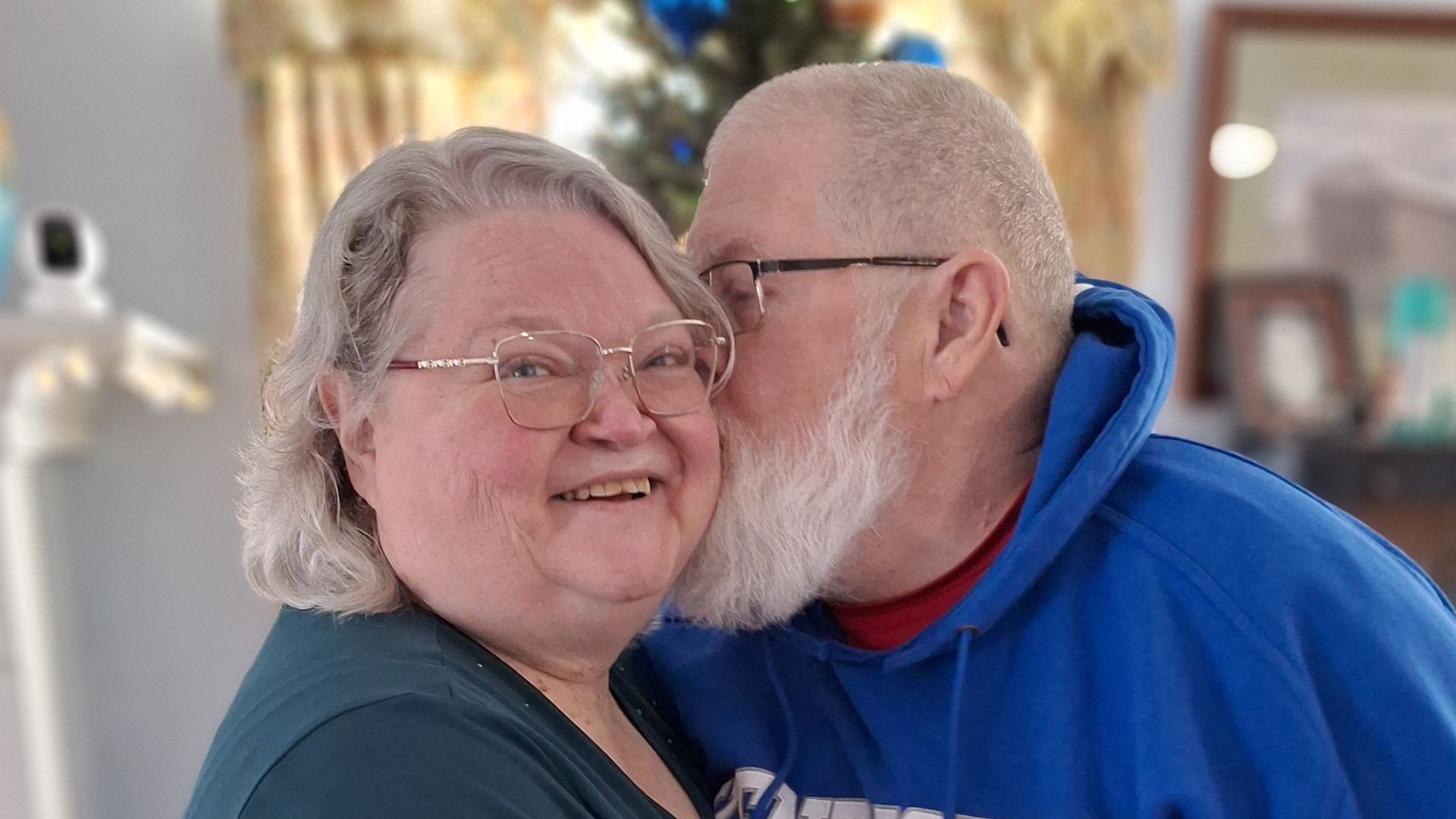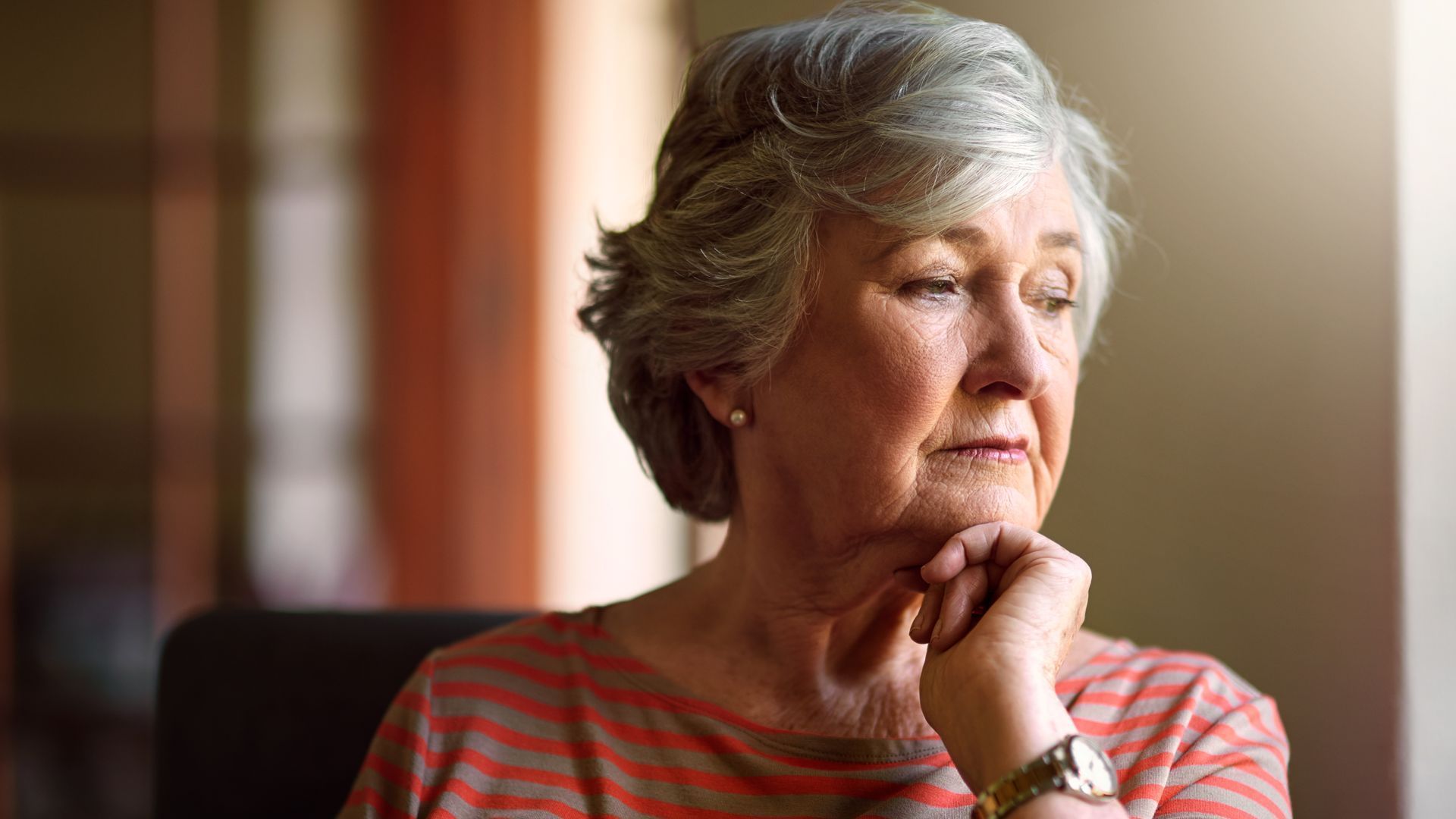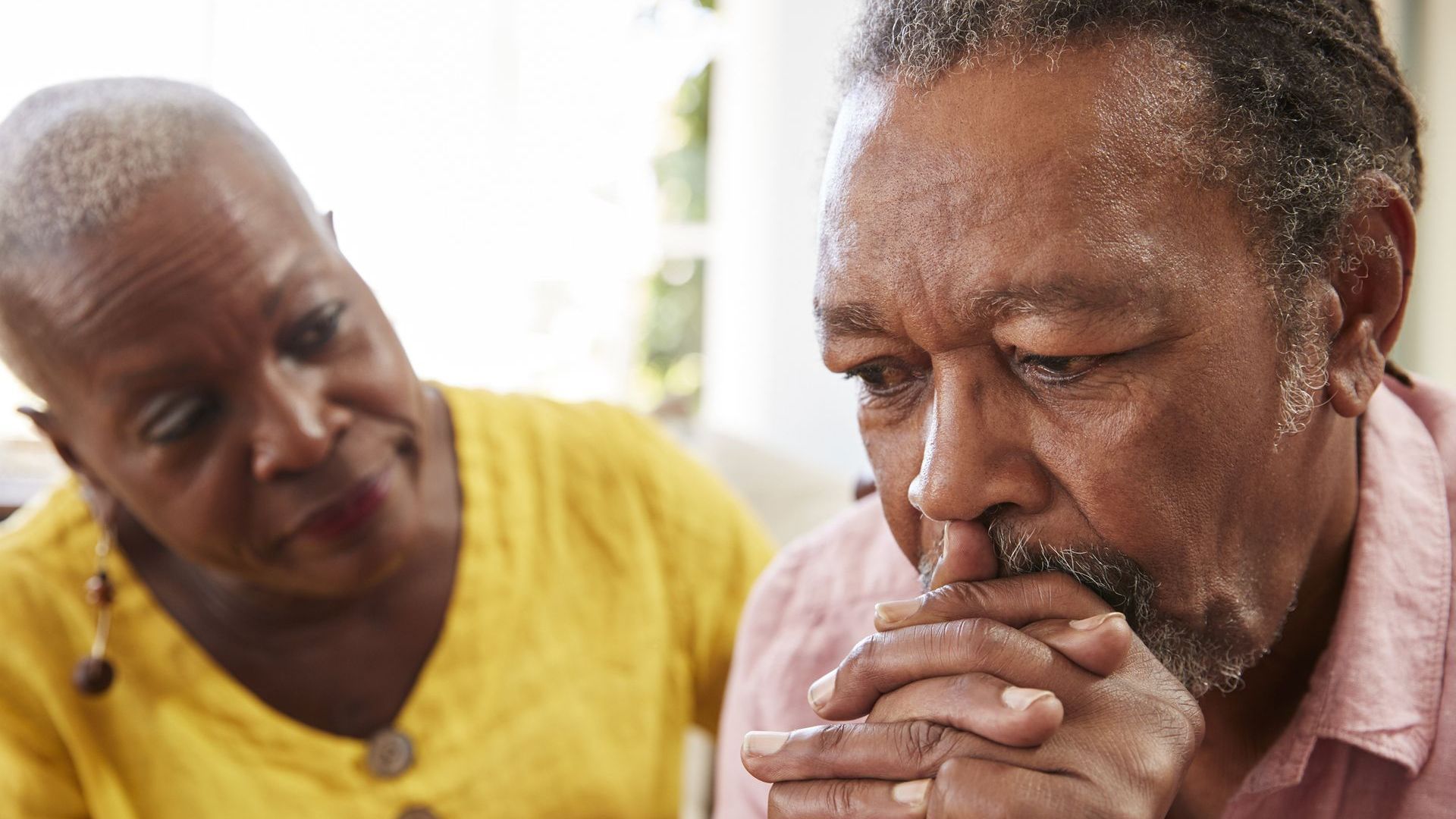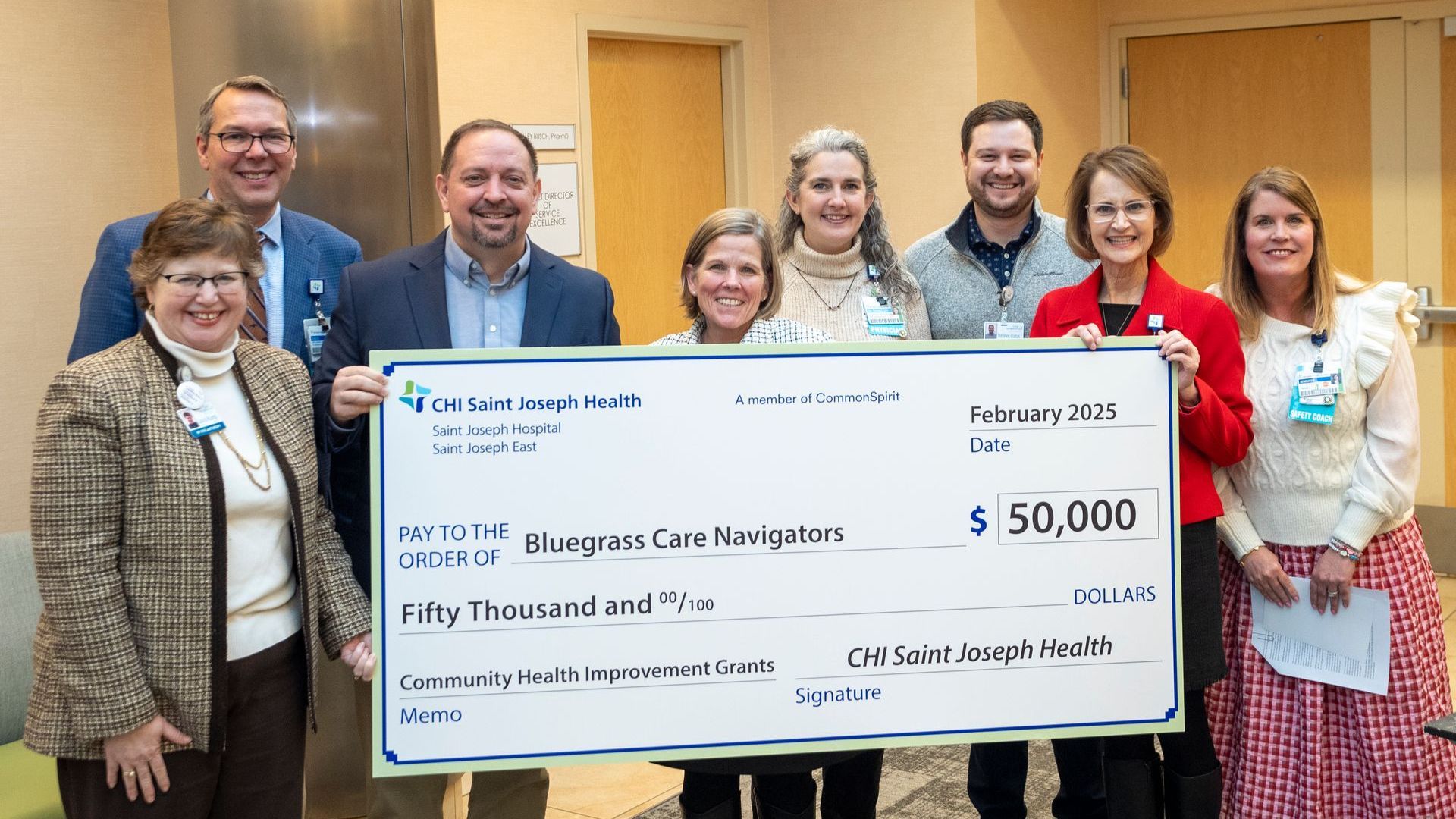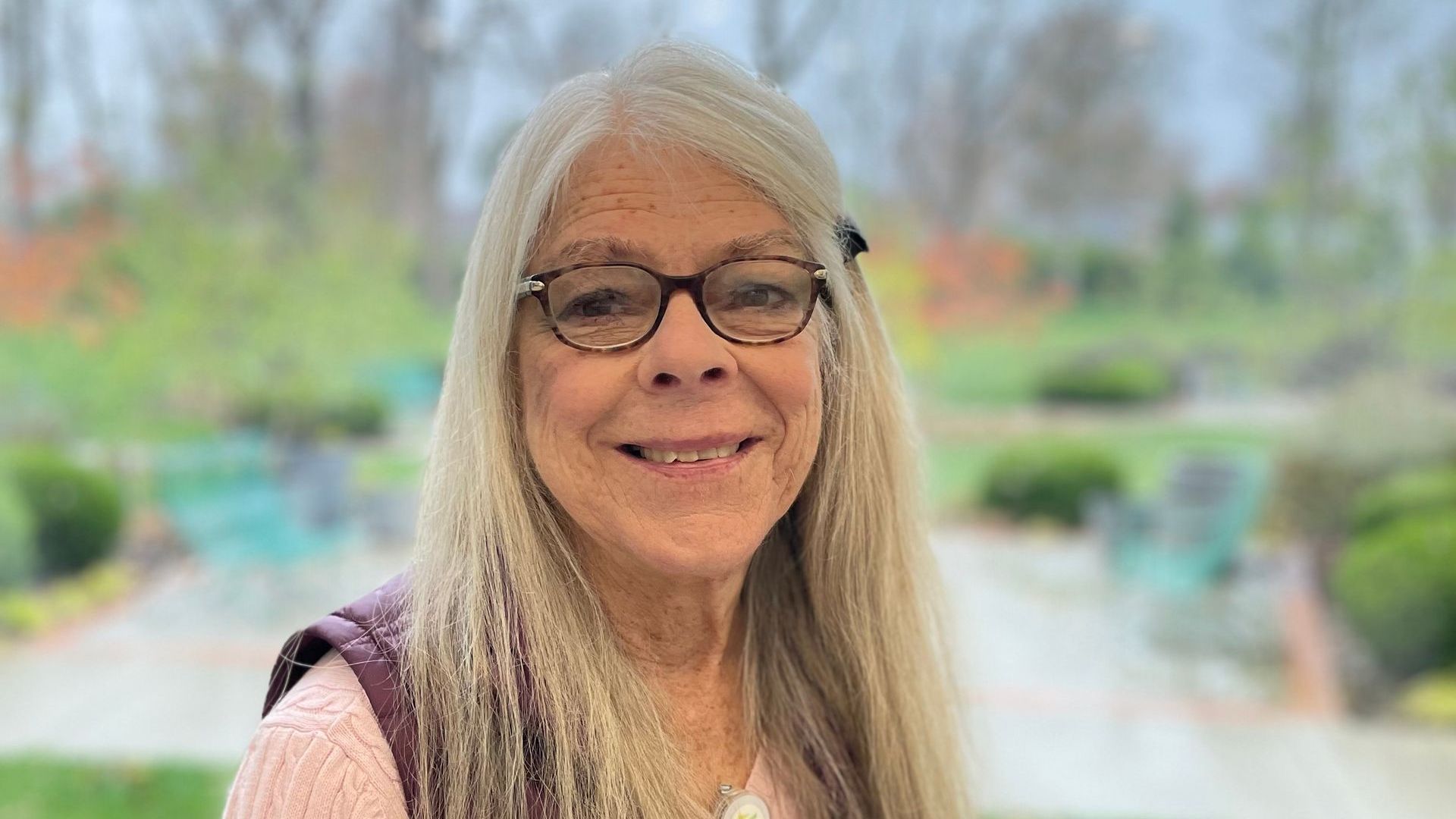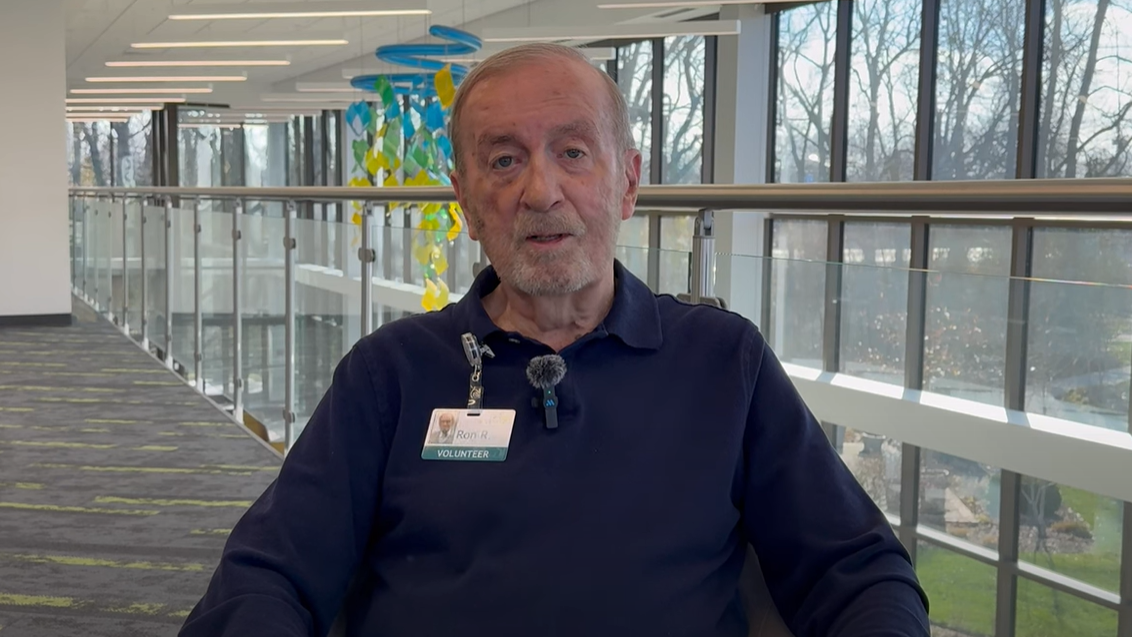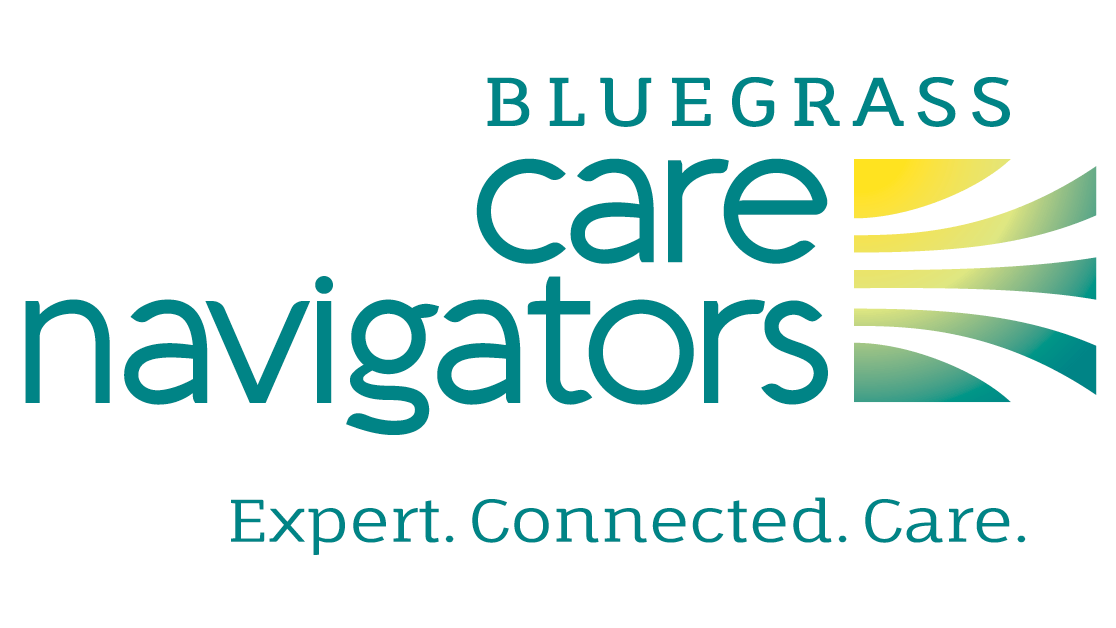Transitional Care Team Helps Elderly Mom and Daughter
It was the first visit to assess a new patient. Jane was an elderly lady with dementia. She lived with her daughter, who was her caregiver – and was also elderly.
As the social worker entered the home, she could hear Jane crying out in pain. She was lying in bed in the fetal position, unable to move because the pain was too intense. Her daughter was distraught. She had called 9-1-1 after her mother had taken a fall. Jane refused to allow the EMS to take her to the hospital. She was at a loss as to how to help her mother, and the EMS recommended she call our Bluegrass Transitional Care Dementia Program.
The Bluegrass Transitional Care program typically helps patients make the move from hospital to home easier and safer, helping to ensure that the patient will have the resources and care they need at home to recover and to avoid another hospitalization. But sometimes, transitional care takes a different path, unique to the patient’s individualized care needs.
We recently received a three-year, $1 million grant to care for those with Alzheimer’s and related dementias and to provide resources to help caregivers manage the long-term demands of caregiving. A major goal of the program is helping both patients and their caregivers enjoy a better quality of life.
Concerned about the patient’s immediate need for medical care, the social worker called the local EMS and was able to coordinate care between the patient, her daughter and the EMS to get her transported to the emergency room where she received the care she needed.
“We assess the needs of each individual and we connect them to services in the community such as meal delivery, equipment and transportation to doctor visits,” says Jamie Cody, Transitional Care supervisor.
Transitional Care Team Helps Elderly Mom and Daughter But often, like in this case, the transition isn’t only about moving location or coordinating care. It’s about transitioning the way we think about caregiving, how we apply caregiving, how we adjust to the ever-changing needs of both the patient and the caregiver.
And for families living with dementia, these transitions can be truly overwhelming. Jane’s daughter was feeling hopeless, helpless, and guilt-ridden at the thought of not being able to care for her mother in their home like she once could. With the social worker’s help and understanding, the daughter realized her mother now needed a higher level of care than she could provide and, together, they coordinated Jane’s transition from home to a long-term care facility.
Their social worker recalls how she felt that day: “I couldn’t leave without doing something...and know that Jane would be safe – that they both would have the care they need. Tonight reminded me why I became a social worker. I cried when I got in my car. This is what God meant me to do.”
Bluegrass Care Navigators now offers a free, grant-supported program dedicated to care and support in the home for families living with Alzheimer’s disease and related dementias. Funded by a grant from the Administration for Community Living/Administration on Aging under the U.S. Department of Health and Human Services, the program makes it possible for our teams to provide care and guidance to those living with Alzheimer’s disease or dementia and their caregivers that includes coping skills, in-home health consultations and companionship opportunities.
Bluegrass Care Navigators is one of only 13 organizations in the nation awarded the grant and the only one in Kentucky. We are currently serving more than 30 counties throughout Kentucky and continuing to expand.
To learn more about Bluegrass Transitional Care or the Dementia program, call 855.492.0812 or visit bgcarenav.org/our-care-services/transitional-caredementia-program.
